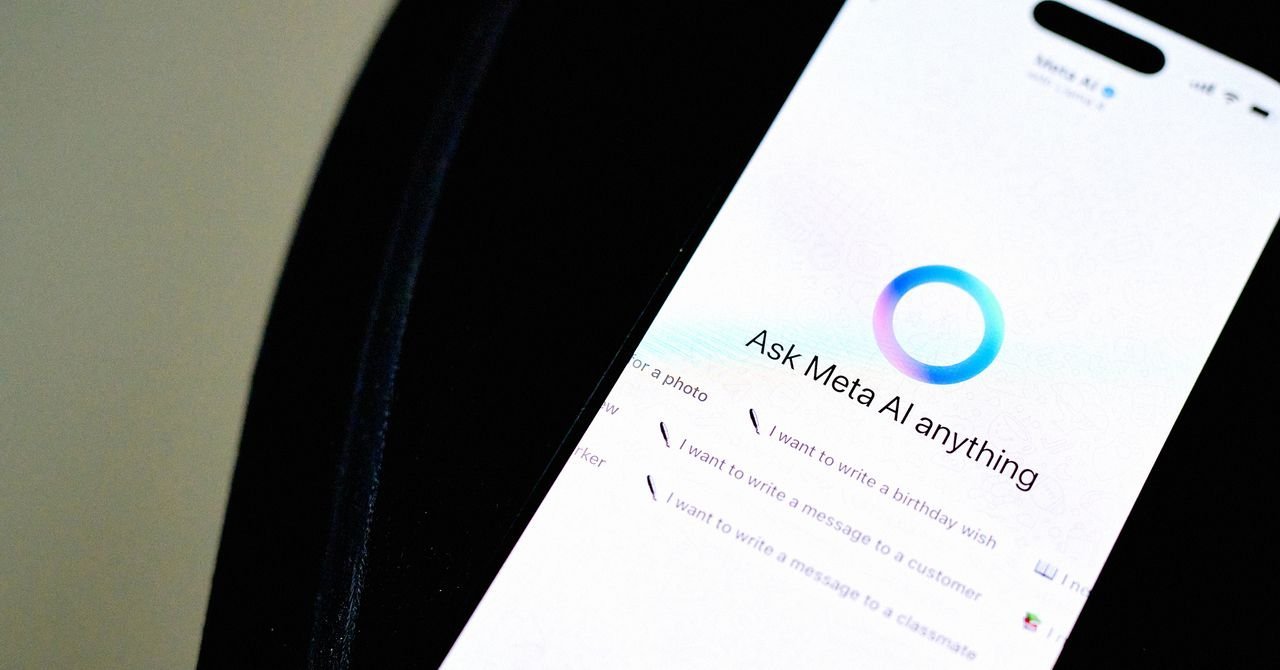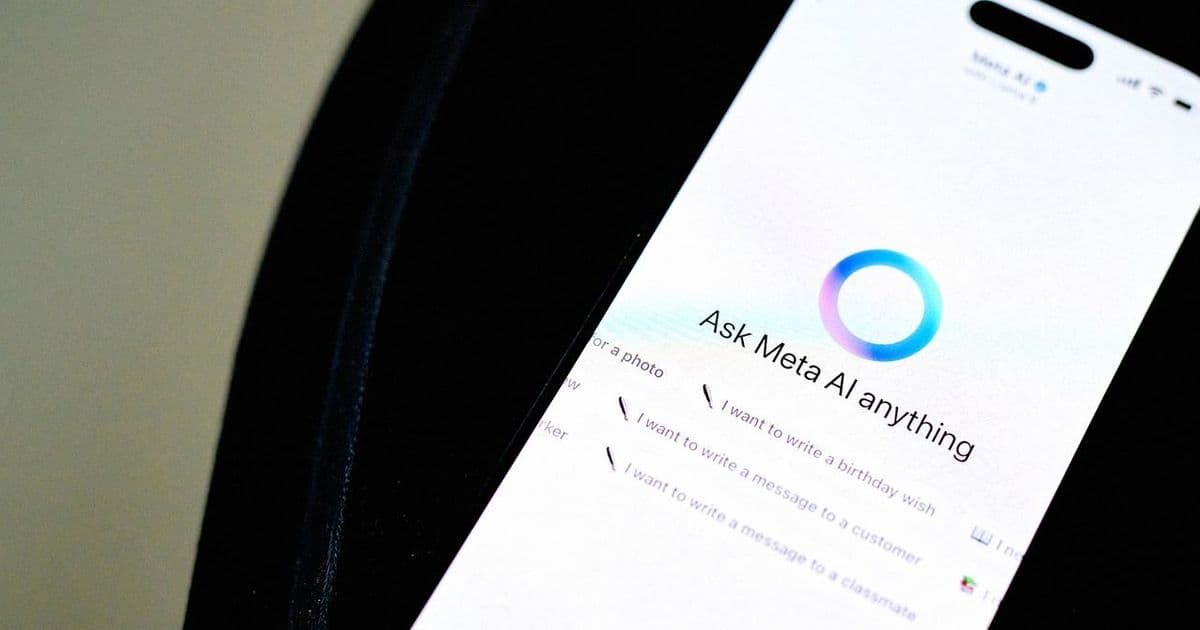Meta is piloting AI tools for coding job candidates during interviews, calling it a realistic reflection of modern development environments. CEO Mark Zuckerberg's vision of AI writing most company code by 2025 drives this move, sparking debates on skill erosion versus innovation in software engineering.

Meta is revolutionizing its hiring process by allowing coding job candidates to use AI assistants during technical interviews, according to internal communications obtained by 404 Media and reported by Wired. The company is actively recruiting employee volunteers for 'mock AI-enabled interviews' to refine the approach, framing it as essential for assessing how applicants perform in settings that mirror real-world development workflows—where generative AI tools like GitHub Copilot are increasingly ubiquitous. This initiative directly challenges traditional coding assessments and highlights Silicon Valley's accelerating push to embed AI into every facet of engineering work.
In a January podcast with Joe Rogan, Meta CEO Mark Zuckerberg articulated a future where AI agents handle mid-level coding tasks: 'I think this year, probably in 2025, we at Meta as well as the other companies... are going to have an AI that can effectively be a midlevel engineer that writes code.' He expanded on this in April, predicting that 'most of the code' for AI efforts will be AI-generated within 12–18 months. This vision reframes engineers as managers of AI 'coding agents,' freeing them for higher-level creativity—but it also underscores why Meta views AI-assisted interviews as inevitable. As one internal post stated: 'This is more representative of the developer environment that our future employees will work in, and also makes LLM-based cheating less effective.'
'Over time we’ll get to a point where a lot of the code in our apps... is actually going to be built by AI engineers instead of people engineers.' — Mark Zuckerberg
The strategy diverges sharply from firms like Anthropic, which explicitly bans AI use in interviews, forcing some candidates to covertly employ tools designed to bypass such restrictions. This contrast fuels a heated industry debate: while Meta touts practicality, veteran engineers warn of risks like superficial 'vibecoding,' where candidates rely on AI without understanding underlying logic. A Meta spokesperson defended the move, telling 404 Media: 'We're obviously focused on using AI to help engineers with their day-to-day work, so it should be no surprise that we're testing how to provide these tools to applicants.' Yet critics argue this could erode troubleshooting skills, creating a generation ill-equipped to debug AI-generated code when systems fail. As AI reshapes development, Meta's experiment may redefine not just hiring but the very essence of engineering expertise—blurring lines between human intuition and machine assistance in the quest for innovation.
Source: Internal Meta communications via 404 Media and Wired.

Comments
Please log in or register to join the discussion